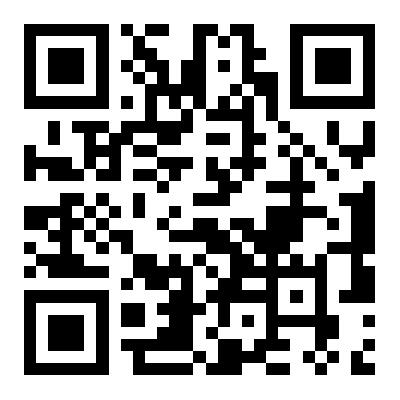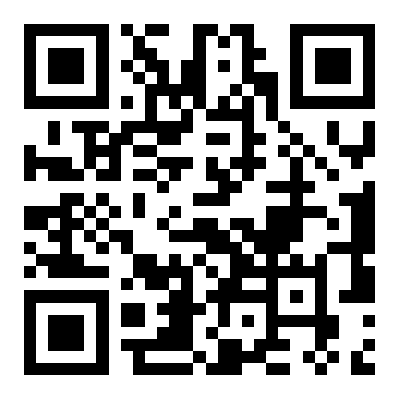The Rising Tide of Multilingual Academic Publishing: Embracing Diversity in Research
In an era where the pursuit of knowledge knows no bounds, the academic community is increasingly recognizing the value of multilingualism in scholarly publishing. This burgeoning trend not only fosters inclusivity but also amplifies the reach and impact of research findings across the globe.
Historically, English has dominated the landscape of academic publishing, serving as the lingua franca for researchers worldwide. While this has facilitated a certain level of uniformity and accessibility, it has also inadvertently marginalized a vast array of scholarly works produced in other languages. This phenomenon has led to calls for a more inclusive approach to academic publishing, one that acknowledges and celebrates the linguistic diversity of the global research community.
The advantages of multilingual academic publishing are manifold. Firstly, it democratizes knowledge by allowing researchers to publish in their native languages, thereby enhancing the clarity and nuance of their work. This is particularly crucial in disciplines such as social sciences and humanities, where linguistic and cultural nuances play a pivotal role in the interpretation of findings.
Moreover, multilingual publishing serves as a bridge between disparate academic communities, fostering cross-cultural collaboration and understanding. By enabling the dissemination of research in multiple languages, it ensures that valuable insights and discoveries are not confined to a single linguistic bubble. This, in turn, enriches the academic discourse, allowing for a more holistic and diverse exploration of global challenges.
Technology plays a crucial role in facilitating this linguistic inclusivity. Advances in translation software and digital publishing platforms have made it easier than ever to produce and disseminate academic content in multiple languages. This not only broadens the audience for scholarly work but also enhances its visibility and citation potential.
Critics of multilingual academic publishing often cite concerns about quality control and the potential fragmentation of scholarly communication. However, these challenges are not insurmountable. Rigorous peer review processes, coupled with the development of standardized criteria for multilingual publications, can ensure that the quality of research remains uncompromised. Furthermore, the adoption of abstracts in English or other widely spoken languages can help maintain the connectivity and coherence of the academic community.
The movement towards multilingual academic publishing is gaining momentum, with a growing number of journals and publishers embracing this inclusive approach. This shift reflects a broader recognition of the value of linguistic and cultural diversity in enriching the tapestry of global research. As this trend continues to evolve, it heralds a more equitable and inclusive future for academic scholarship, where knowledge transcends linguistic barriers and is shared freely among researchers and societies around the world.
In conclusion, the support for multilingual academic publishing represents a significant step forward in the democratization of knowledge. By embracing linguistic diversity, the academic community can ensure that research is accessible, inclusive, and reflective of the global mosaic of cultures and perspectives. This, in turn, will enhance the impact and relevance of scholarly work, paving the way for a more interconnected and understanding world.


